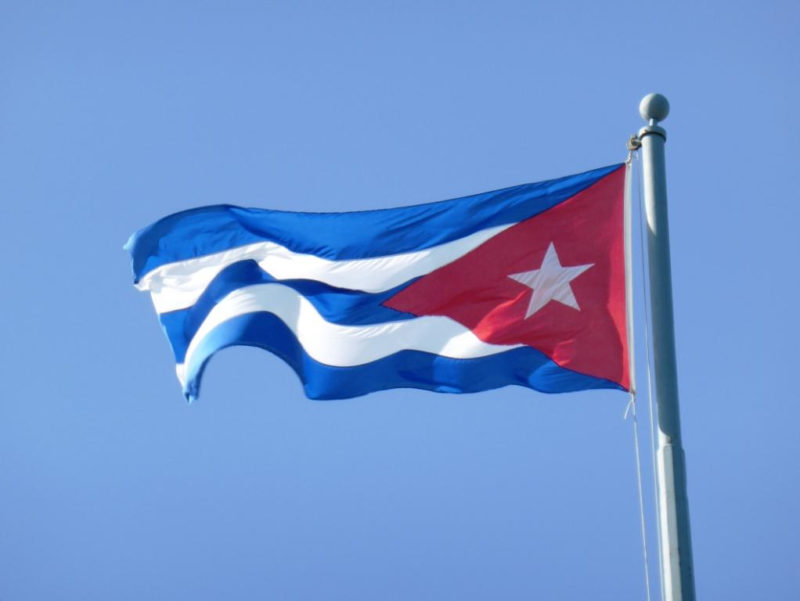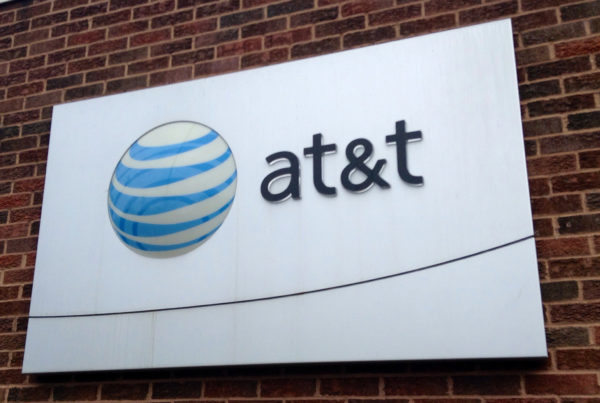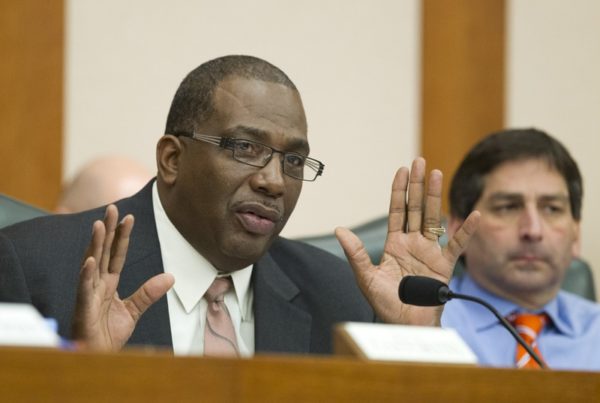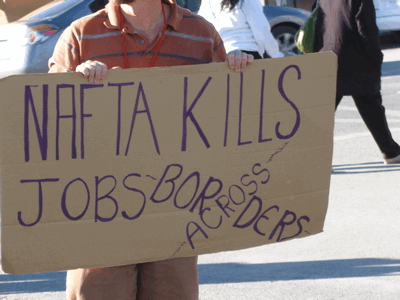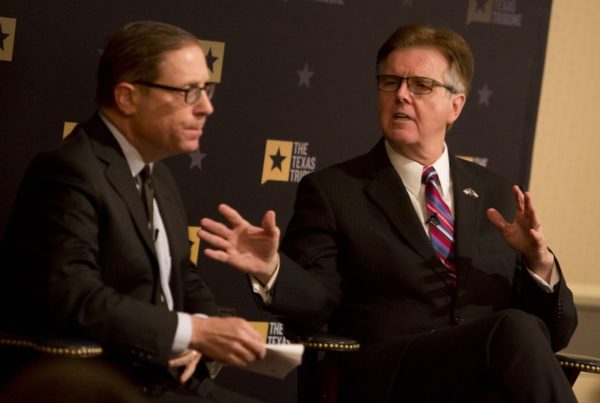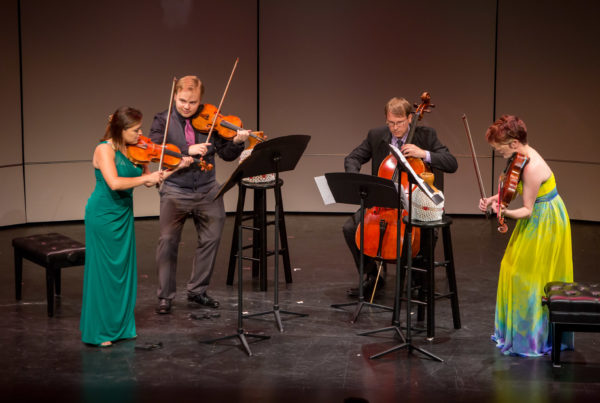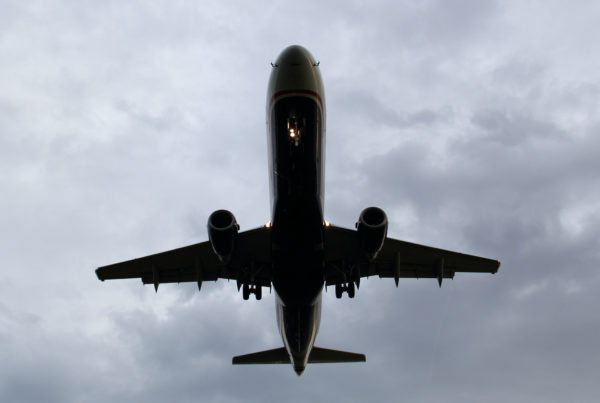In the past year, Texas has seen a surge of Cuban immigrants crossing the border, hoping to take part in what’s known as the U.S. “wet foot/dry foot” policy – worried the policy would soon disappear with the government’s normalization of ties with Cuba.
The policy allows for Cubans who arrive on U.S. soil without visas to get a free pass to U.S. citizenship, but if someone is intercepted in U.S. waters they are sent back to Cuba.
Late Thursday, President Barack Obama ended the exemption.
Victoria DeFrancesco Soto, professor with the University of Texas at Austin, says she wasn’t surprised about the announcement.
“We all saw that it was potentially coming when we saw the normalization of relations between the Obama Administration and the [Fidel] Castro administration,” she says. “We didn’t know when it was gonna happen. I’ve gotta say I am a little surprised at the timing, so close to the end of his administration, but it makes sense policy-wise. He didn’t want to rock the vote before the election.”
The policy goes back to the Cold War-era Cuban Adjustment Act in 1960. When Castro took power in Cuba 1959 and aligned itself with the Soviet Union, the U.S. wanted to protect itself.
The states encouraged Cuban refugees to enter the country by expediting residency within one year and fast-tracking the path to citizenship.
After the Mariel boatlift in 1980, when more than 100,000 Cubans entered the U.S., DeFrancesco Soto says public opinion began to change.
After another flood of Cuban migrants into the U.S. in the 1990s, President Bill Clinton spearheaded a 1995 change to the Cuban Adjustment Act, resulting in the “wet foot/dry foot” policy.
“That is no longer the case,” DeFrancesco Soto says. “So Cuban immigrants are going to be seen in the same category as … any immigrant coming from Latin America. There is no longer a privilege status for Cubans coming over.”
The policy was contentious in some circles, DeFrancesco Soto says.
“I would say it was a simmering resentment – it never came really to a head,” she says. “We saw in conversation about immigration frustration that Mexican immigrants, Central American immigrants weren’t able to get the status that they needed while Cubans essentially got a free pass.”
It started creating division at the national level, DeFrancesco Soto says.
“We saw these differences play out in Congress,” she says. “For the most part, Cubans and Mexicans at the Congressional level get along – they agree on a lot of policy. But this was the one policy that really started cracking that coalition of Latino policymakers.”
What’s interesting about the change in policy – right before Donald Trump steps into the presidency – is that this policy seems in line with Trump’s view of the need to restrict immigration to the U.S., DeFrancesco Soto says.
“On the one hand, that’s great for Trump and his administration, but on the other hand Trump has also said he doesn’t agree with the normalization of relations between the United States and Cuba under the Obama Administration.”
It’s not clear if Trump will try to dial back U.S. ties with Cuba or if he’ll leave the policies alone, De Francesco says.
Written by Beth Cortez-Neavel.


